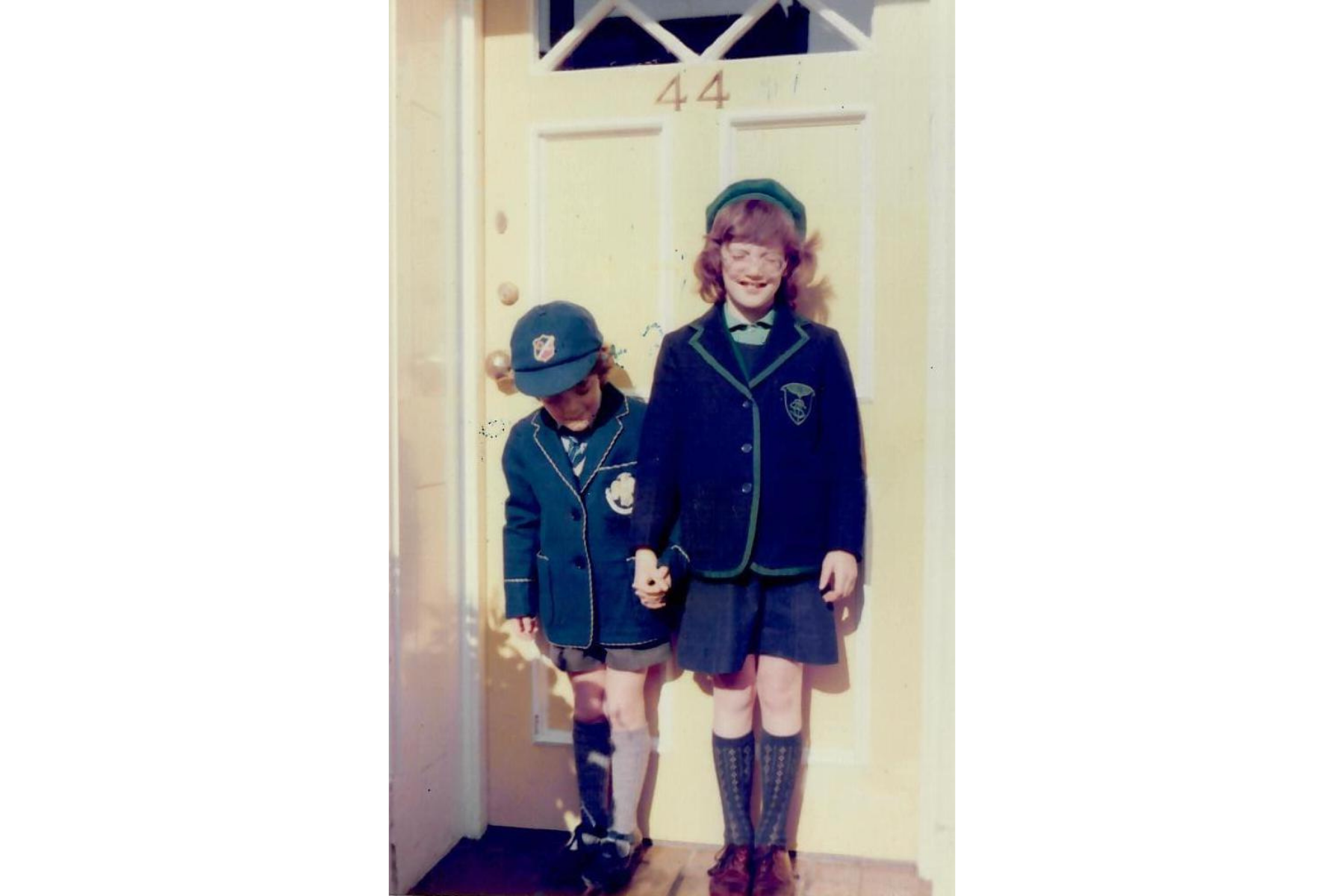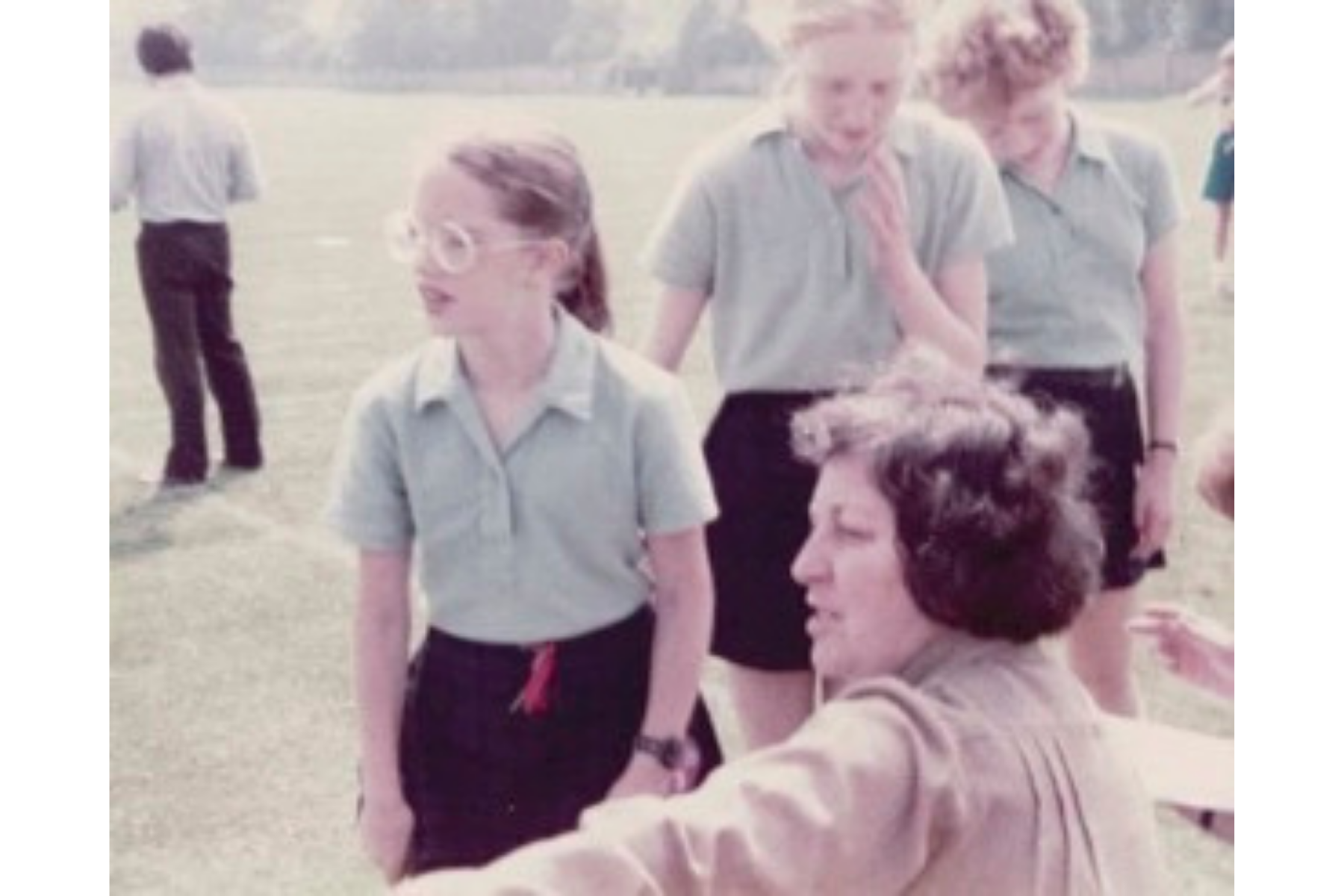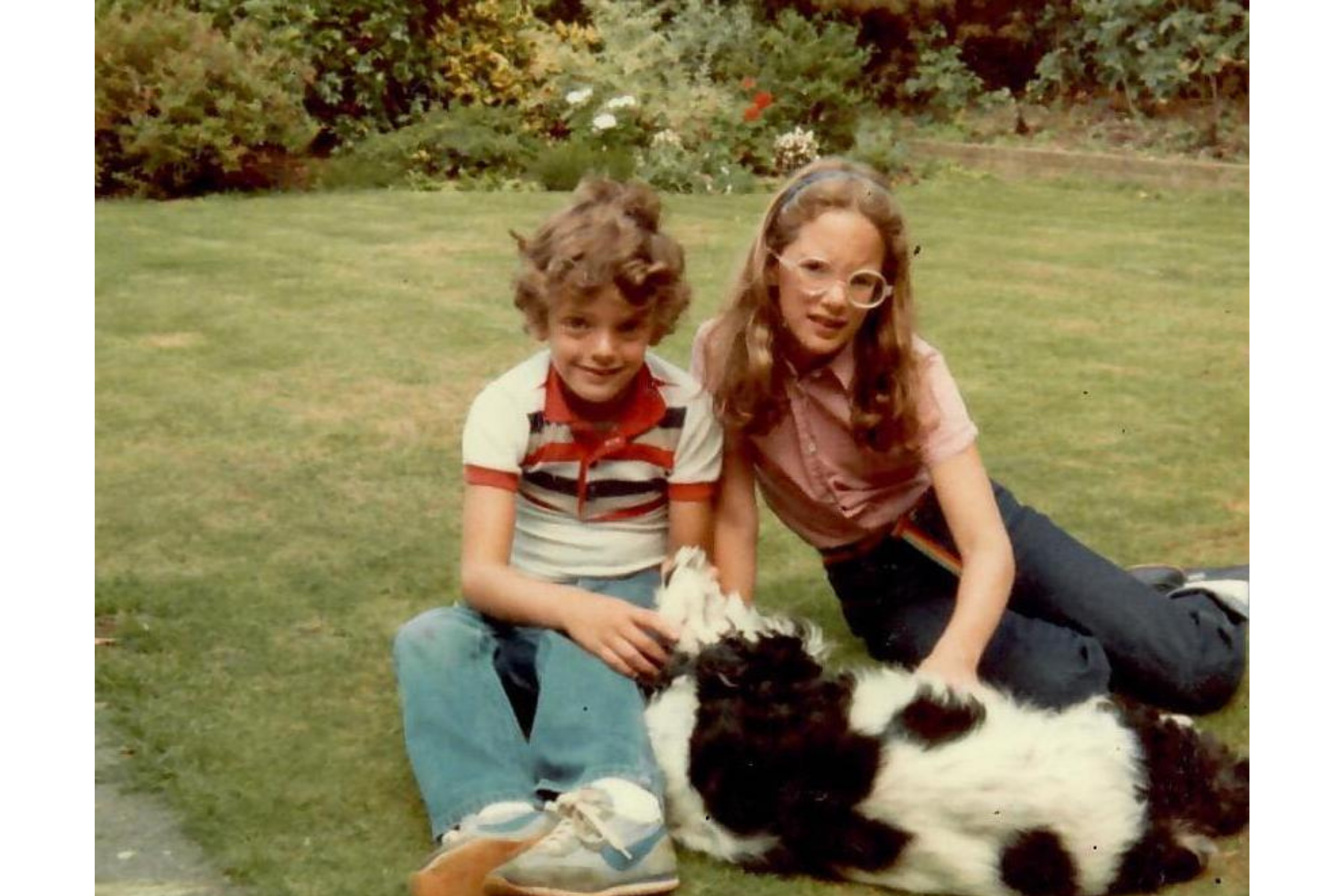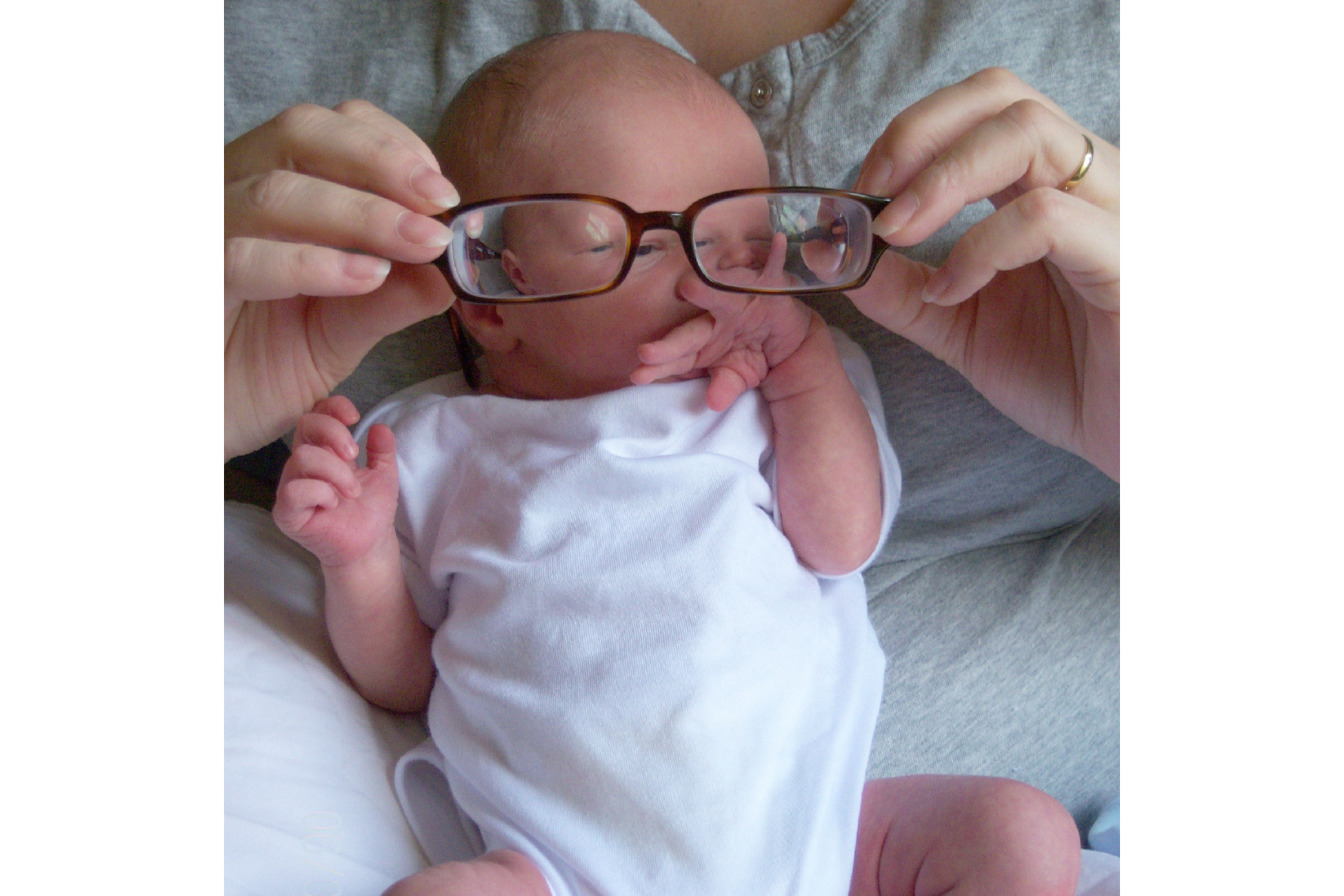I’m always surprised by the number of freelancers and businesses I interact with who fail to ask themselves this simple question, “does my solution fix your problem?” It would be easy to assume that this is solely the preserve of the newbie or the inexperienced, but it isn’t, I come across it at all levels. Not only do people fail to ask that question, but they also fail to ask themselves the follow-up question “does my solution create new problems for the client I need to consider?”
I have come up against exactly this whilst looking into having my eyes fixed. Laser surgery isn’t an option for me as I’m seriously short-sighted. And I do mean seriously short-sighted; -16.00 in my good eye. Many of you won’t know this about me because I have lived in contact lenses ever since I persuaded my mother, back in my mid-teens, to let me try them. And I haven’t looked back. It’s only ever close family and friends that see me in my glasses.
Having my eyes fixed is something I’ve always thought I’d do one day and in the last couple of years I’ve made detailed enquiries. I’ve had several appointments with top specialists to investigate my options. They have all said they can fix my eyes. Using, whichever flavour of operation they propose, will be life changing they say, I’ll no longer need extra-strength glasses / contact lenses. And on the surface that is a win. It’s a huge win for someone who was born short-sighted and can’t find their glasses without their glasses on!
However, what they fail to understand is that whilst their solution fixes one problem – my extreme short-sight, it also creates a new one. It is likely that my eyesight will only get ‘fixed’ to about -2.00, and that means I’ll need glasses full time to function. Not only that, I’ll need to wear them in public for the first time in 35 years! Time I’ve very happily spent hiding my duff vision from public view by wearing contact lenses, so this consequence is a BIG PROBLEM FOR ME.
And these top specialists don’t get it. They can only see that they are ‘fixing my sight’. And I’ll agree that is true, it would dramatically change what I can see without my glasses. They can’t conceive that their solution might trigger other problems from my perspective. They are only looking at the problem from their point of view.
Today as I reflect on these appointments, I realise it’s worse than that. Not only do they not consider my perspective when I meet with them. They assume that, when I walk into their consulting room, that I’ve already bought. That I’ve made the decision to have my eyes fixed with them. But I haven’t. I’ve only come to find out more about them, and about my specific options – I am an extreme case after all. Their minds are closed to the idiosyncrasies of me, their potential customer. I am viewed as a number. I am there for them to fix.
It doesn’t seem like a big step to me, to ask them to pause and consider how their solution plays out for their customer, by asking me how I feel about their solution and if there are any challenges created for me by their fix. But they don’t. I find it suitably ironic that they, of all people, are blind to the consequences of their actions.





